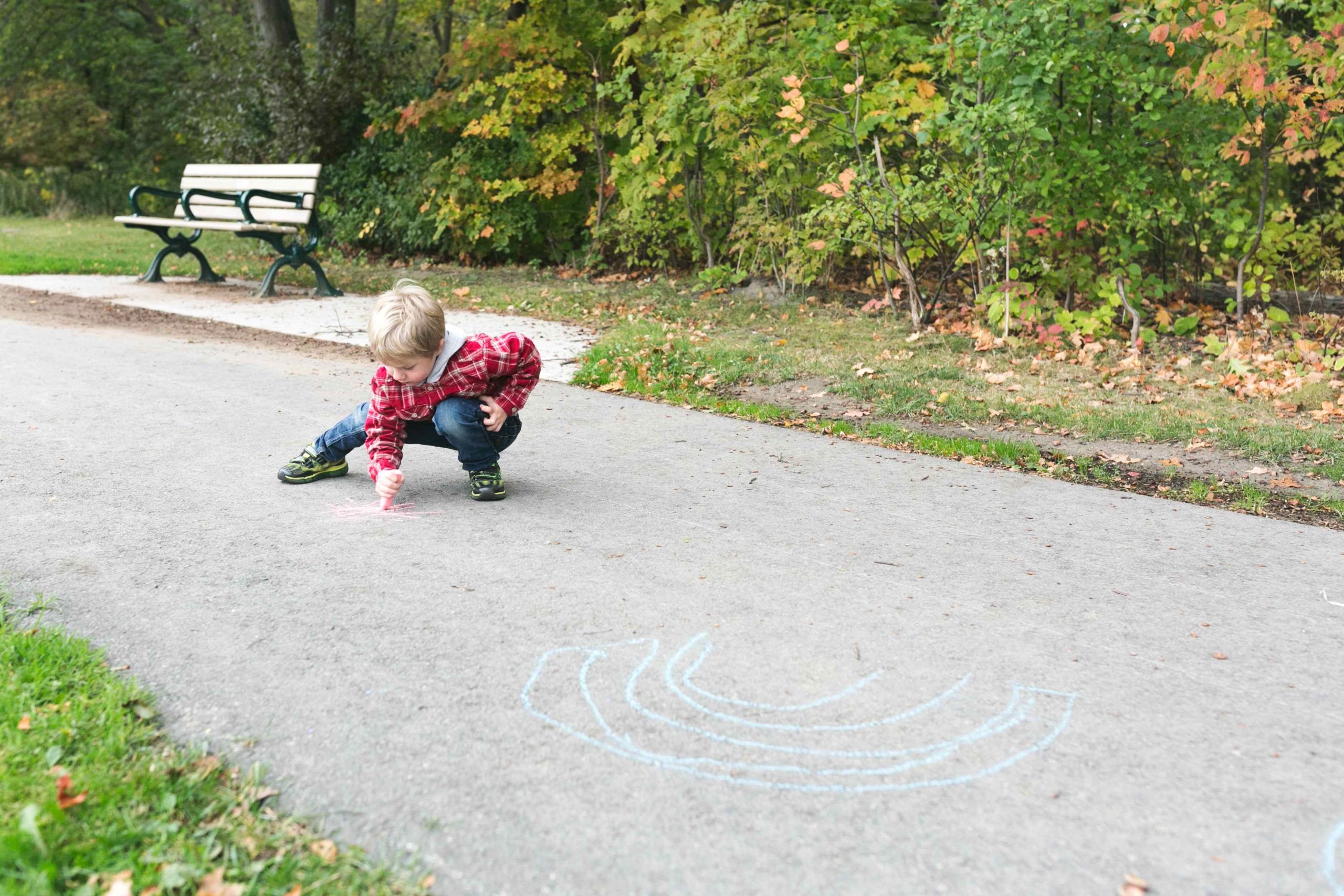
Why Kids Should Play?
As parents, caregivers, or teachers, we all want the best for our preschoolers. We want them to grow up happy, healthy, and smart, ensuring they have a bright future and become successful in whatever they choose to do. However, sometimes we forget that the best way for preschoolers to learn and develop is through play. In this article, we will explore the importance of play for preschoolers and how it contributes to their overall growth and development.
The Benefits of Play for Preschoolers
Play is an essential part of a preschooler’s life, offering numerous benefits for their growth and development. Here are some of the key advantages:
Social Development:
Engaging in play helps preschoolers develop their social skills, such as sharing, taking turns, and cooperation. It fosters effective communication, negotiation, and friendship-building.
Cognitive Development:
Play aids in the development of cognitive skills like problem-solving, critical thinking, and creativity. It encourages exploration, experimentation, and imagination.
Physical Development:
Play contributes to the development of physical skills such as gross motor skills (e.g., running, jumping, climbing) and fine motor skills (e.g., drawing, painting, building with blocks). It enhances coordination, balance, strength, and flexibility.
Emotional Development:
Play supports the development of emotional skills such as self-regulation, empathy, and resilience. It helps in expressing emotions, managing feelings, and coping with challenges.
The Different Types of Play for Preschoolers
Preschoolers engage in various types of play, each offering unique benefits for their growth and development. Here are some common types:
Pretend Play:
Pretend play involves using imagination to create scenarios and act out roles. It fosters creativity, social skills, and emotional intelligence.
Constructive Play:
Constructive play involves building and creating things using blocks, toys, or materials. It enhances problem-solving, cognitive skills, and fine motor skills.
Physical Play:
Physical play includes activities like running, jumping, climbing, and sports. It develops gross motor skills, coordination, and physical fitness.
Creative Play:
Creative play includes activities like drawing, painting, and music, allowing self-expression and developing artistic skills, imagination, and emotional intelligence.
The Risks of Not Allowing Preschoolers to Play
Unfortunately, many preschoolers today lack sufficient playtime, which can negatively impact their growth and development. Here are some risks:
Delayed Development:
Without play, preschoolers may miss out on crucial social, cognitive, physical, and emotional skills necessary for their growth.
Reduced Creativity:
Without play, preschoolers may have limited opportunities to use their imagination, hindering their problem-solving and creative thinking abilities.
Increased Stress:
Without play, preschoolers may experience heightened stress and anxiety, affecting their mental and emotional well-being.
Poor Physical Health:
Without play, preschoolers may lack the physical skills needed for a healthy lifestyle, increasing the risk of health issues like obesity and poor motor skills.
How Parents and Caregivers Can Encourage Play
Parents and caregivers play a crucial role in encouraging play among preschoolers. Here are some strategies:
Schedule Playtime:
Allocate time each day for preschoolers to engage in play, whether outdoors or during playdates.
Provide Materials:
Offer toys and materials that promote play, such as blocks, puzzles, and art supplies.
Join the Play:
Participate in playtime activities with preschoolers to strengthen bonds and encourage their involvement.
Limit Screen Time:
Reduce screen time and encourage more physical, imaginative, and creative play.
How Teachers Can Encourage Play in the Classroom
Teachers also have a vital role in promoting play among preschoolers. Here are some classroom strategies:
Include Play-Based Learning:
Integrate play-based learning activities, such as using blocks for math or puppets for storytelling.
Create a Playful Environment:
Establish a classroom setting that encourages play, with designated play areas and student involvement in decorating.
Encourage Imagination:
Provide open-ended materials and prompts to stimulate preschoolers’ imagination and creativity.
Celebrate Play:
Recognize and celebrate the importance of play in learning, fostering a positive attitude towards playful activities.
The Role of Play in Learning and Education
Play not only aids in preschoolers’ overall development but also plays a crucial role in learning and education. Play-based learning offers several benefits:
Improved Academic Achievement:
Play-based learning enhances cognitive and academic skills like literacy, numeracy, problem-solving, and critical thinking.
Increased Engagement:
Preschoolers are more engaged in learning when it’s enjoyable, leading to better retention and understanding of concepts.


